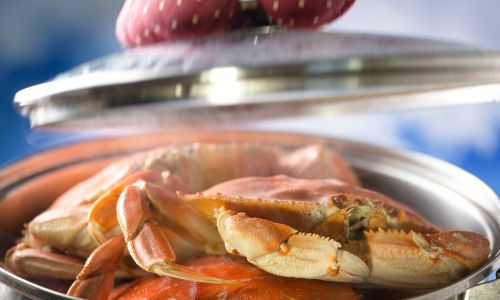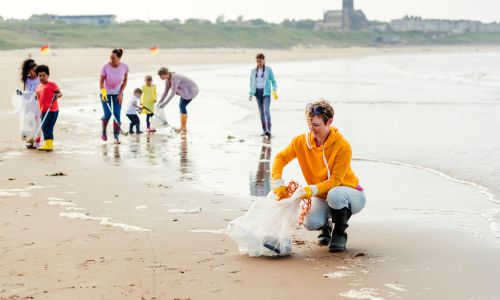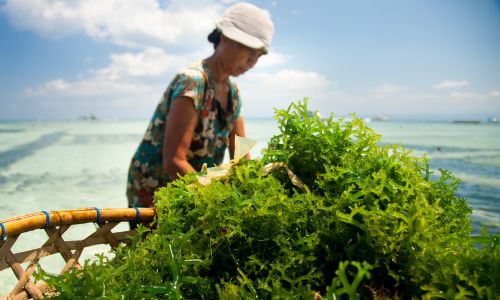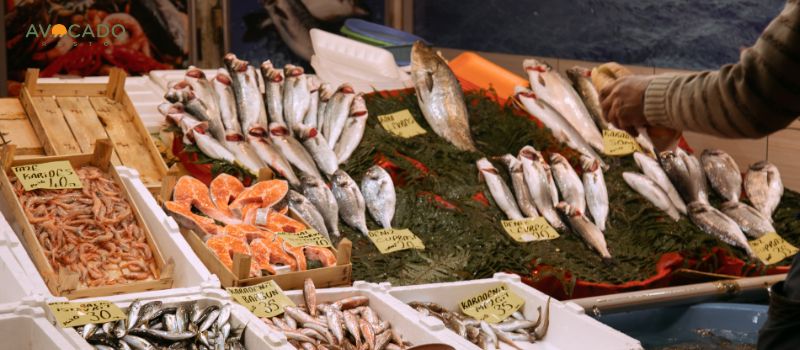Sustainable seafood in Bali is about balancing culinary pleasure with ocean conservation. From the coral gardens of Pemuteran to the deep waters near Nusa Penida, Bali’s seas offer incredible biodiversity—home to more than 1,000 species of reef fish. Yet, overfishing, destructive practices, and climate change threaten these marine treasures, making responsible choices more important than ever.
The Importance of Responsible Harvesting
Indonesia’s Ministry of Marine Affairs and Fisheries enforces measures such as seasonal closures and size limits to protect fish stocks. For example, restrictions on Napoleon wrasse during spawning season help maintain healthy populations. Consumers can contribute by choosing species certified by the Marine Stewardship Council (MSC) or labeled as “Best Choice” in seafood guides.
In West Bali, pole-and-line tuna fishing stands out as a model of sustainability—avoiding bycatch of dolphins and turtles common in large-scale operations. These small-scale methods not only protect marine life but also sustain coastal communities.
Nutrition Meets Sustainability

Fish from clean, healthy reefs aren’t just better for the planet—they’re better for you. Research published in the Journal of Nutrition shows that wild-caught snapper from pristine waters contains up to 20% more omega-3 DHA than farmed alternatives. Grilling or steaming helps preserve these nutrients, ensuring your meal remains both flavorful and healthful.
Pairing grilled fish with fresh vegetables, as seen in Bali’s traditional ikan bakar with sambal matah and urap, creates a perfectly balanced plate—rich in protein, fiber, and antioxidants. Nutrition experts recommend eating seafood twice a week to maintain optimal iodine and selenium levels, supporting thyroid and immune health.
Community-Led Ocean Care

In West Bali’s fishing villages Medewi, Pekutatan, and Jembrana community cooperatives manage local fisheries through rotating zones and handline methods. According to WWF reports, such community-led management has increased yellowfin tuna yields by 15% while preserving biodiversity.
Beyond fishing, locals also tackle marine pollution through regular beach cleanups, removing ghost nets and plastics that harm sea turtles and coral reefs. Choosing seafood from vendors and restaurants engaged in these initiatives supports both environmental protection and community livelihoods.
Smart Seafood Choices in Bali
When dining in Bali, look for these sustainably sourced options:
- Cakalang (Skipjack Tuna): Pole-and-line caught, abundant, and rich in omega-3s.
- Mujair (Tilapia): Eco-farmed in Buleleng using water-efficient systems.
- Kerapu (Grouper): Hook-and-line caught from reef-safe areas.
- Udang Windu (Tiger Prawn): Raised in mangrove-friendly ponds near Negara.
- Cumi (Squid): Hand-jigged at night with minimal ecosystem impact.
These species are flavorful, nutrient-rich, and harvested responsibly, ensuring minimal harm to Bali’s marine ecosystems.
Technology and Tradition Unite
Seafood traceability is improving through digital platforms like ThisFish, which let consumers scan QR codes to see where and how their fish was caught. Meanwhile, ancient traditions such as ceremonies for the sea goddess remind local communities of their cultural duty to protect the ocean.
In Buleleng, aquaculture innovations like recirculating tilapia systems reduce water waste and antibiotics, offering a sustainable alternative to imported fish with 70% less carbon footprint.
Climate, Coral, and Culinary Innovation

Climate change has already shifted fish migration patterns, and coral bleaching in Pemuteran has affected nursery habitats. Restoration projects planting heat-resistant corals have boosted juvenile fish survival by up to 30%. Supporting restaurants that source from these projects helps sustain the recovery process.
Balinese chefs are also reimagining sustainable seafood through modern fusion dishes think smoked cakalang salads or coconut-oil sautéed squid with fresh herbs. Even fish bones and heads are reused in soups, minimizing waste while adding rich umami flavor.
Health, Longevity, and Lifestyle

Sustainable seafood provides a powerful combination of lean protein, omega-3s, and antioxidants. Studies link regular fish consumption to lower cardiovascular risks and improved cognitive function. For many Balinese elders, daily fish intake is part of their secret to longevity—a tradition worth continuing.
Seaweed farming along Bali’s northern coast complements these efforts, offering a vegan-friendly, nutrient-dense seafood alternative that supports both biodiversity and rural income.
Supporting the Cycle of Sustainability
Every seafood choice matters—from what’s on your plate to where it comes from. In West Bali’s serene coastal villages, enjoying a thoughtfully sourced meal becomes a way to honor the island’s ocean heritage and support a healthier future.
And when you’re ready to taste this philosophy in action, try savoring a fresh, ocean-inspired dish crafted with locally caught seafood and seasonal ingredients at a tranquil spot like アボカドレストラン, where sustainability meets the soulful flavors of Bali’s coast.
アボカドレストラン
Jl. Widuri Simpang Tiga, Medewi, Jembrana, Bali
+62 813 3854 6264
eat@avocadoresto.com
